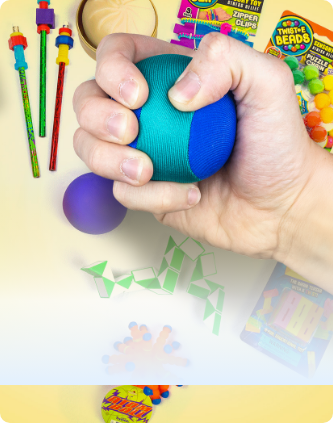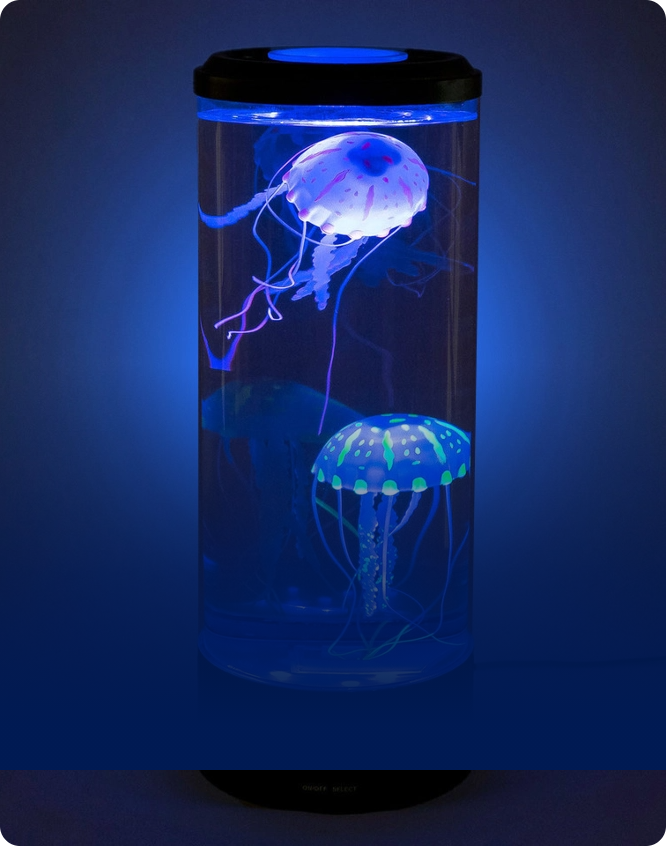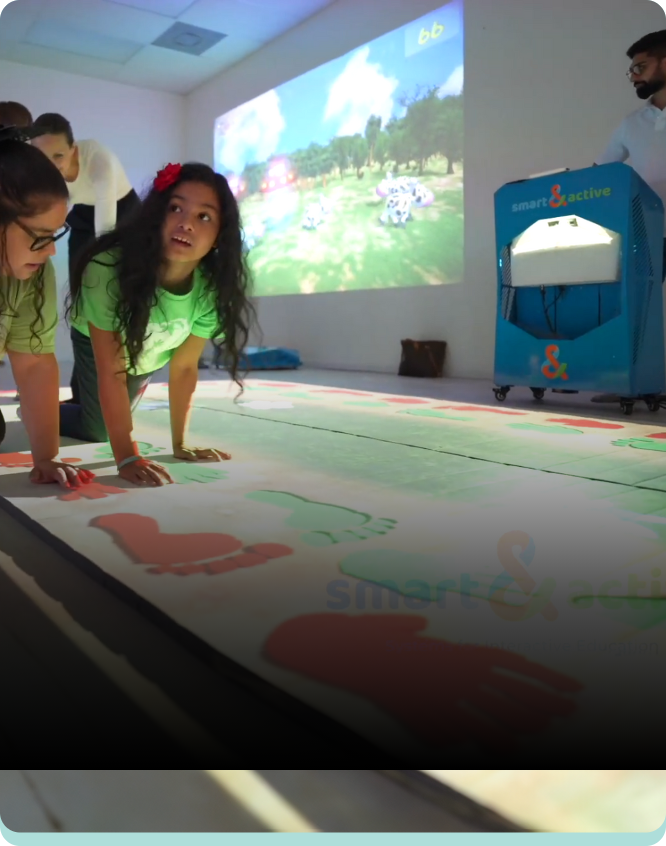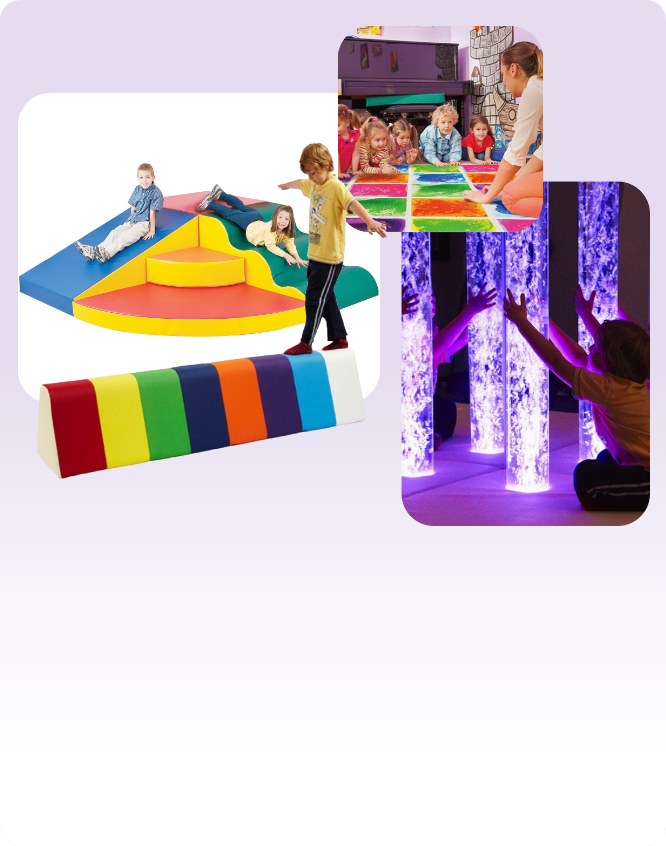Tips for Ministering to People with Disabilities
When the teachers of the law asked Jesus what the greatest commandment was he said to love the Lord your God with all your heart, soul, mind and strength. Then he said the second greatest Commandment is to love your neighbor as yourself (Matthew 22:35 -39). Increasingly the church has the opportunity to love neighbors in our community with disabilities. While most of us are willing and excited to do this, we may not know how.
Everyone Is Relational
We are all made in the image of God. God has designed us to be in a relationship with Him and with each other. His greatest Commandments reflect this desire and priority. Here are a few things you can do to build relationships with the special members of your church body:
- Don't ignore them. It may be difficult to hold a conversation with someone who has special needs, but remember just because they have difficultly speaking or holding a conversation, doesn't mean they don't want to talk to you. Everyone appreciates a smile and a hello. If the person is unable to speak a hug, handshake, pat on the back, or just simply saying "I'm happy to see you" can make someone's day.
- Ask questions. Family members are often a wealth of advice and welcome the opportunity to share ideas to help support their special child. Questions you might want to ask are: how does your child like to be greeted? Does your child have any special interests or talent? If the child seems medically frail is there anything I should or shouldn't do or touch?
- Take initiative to help. Open a door, help carry something, if someone seems unsure or confused ask if they need help. Loving concern is the hallmark of the body of Christ. Don't be afraid to show it!
- Take a chance. If you have never interacted with people with disabilities you may feel a little nervous at first and that's okay. Start with a simple hello. With time you can develop a new friendship. You don't have to be perfect, or know all the answers, you just have to be willing to reach out.
We Need Each Other: Integrating People with Disabilities into the Church
The eye cannot say to the hand, "I don't need you!" And the head cannot say to the feet, "I don't need you!" On the contrary, those parts of the body that seem to be weaker are indispensable, and the parts that we think are less honorable we treat with special honor. And the parts that are unpresentable are treated with special modesty, I Cor. 12: 21-23
Creating special programs and classrooms for people with disabilities can be a wonderful ministry. However, we must also be careful to fully integrate our special members into the body of Christ.
- Look for special gifts or talents. As members of the body we all have ways we can serve. As we serve together we naturally build relationships and draw closer to God and each other.
- Look for special teaching opportunities. Disruptions can be an opportunity to display kindness, gentleness, self-control or compassion. On the other hand, many times people with disabilities have a special connection with God that we all can learn from. Remember God has brought this member to our body for His purpose. Ask God to show you what He wants to teach you.
- Make accommodations if necessary. For those with physical disabilities make sure they have access to meetings and functions. For those with developmental disabilities make sure to ask family members what additional supports these people need so that they can fully participate or serve in ministries.






